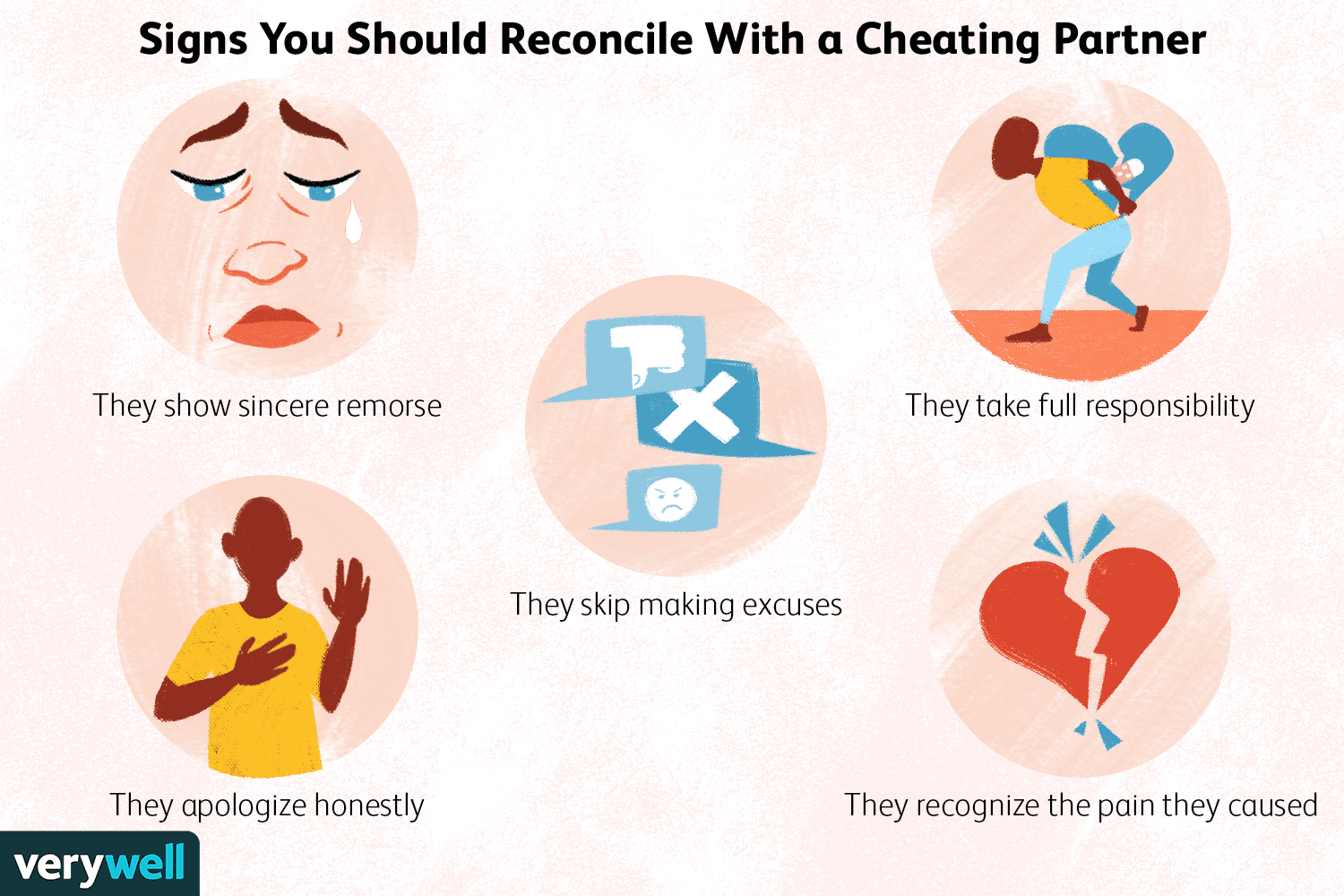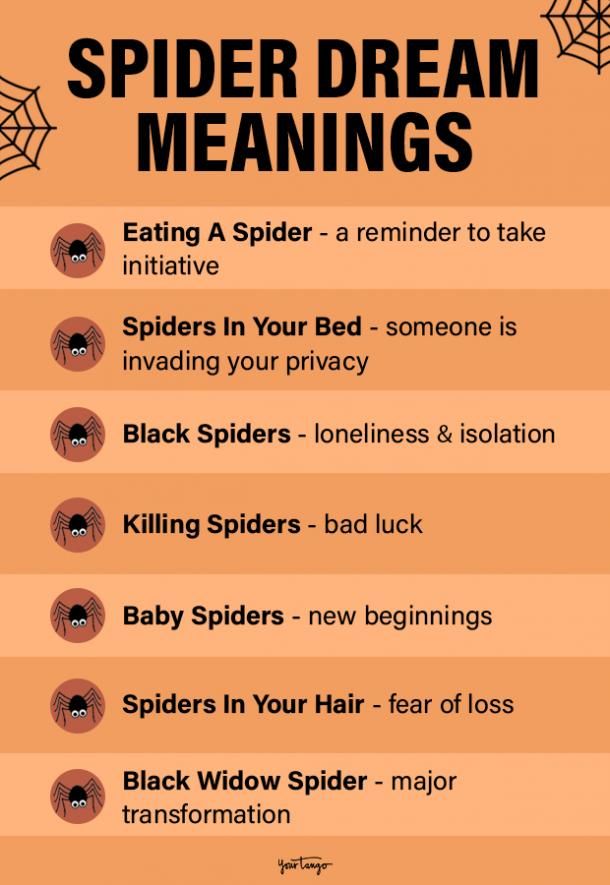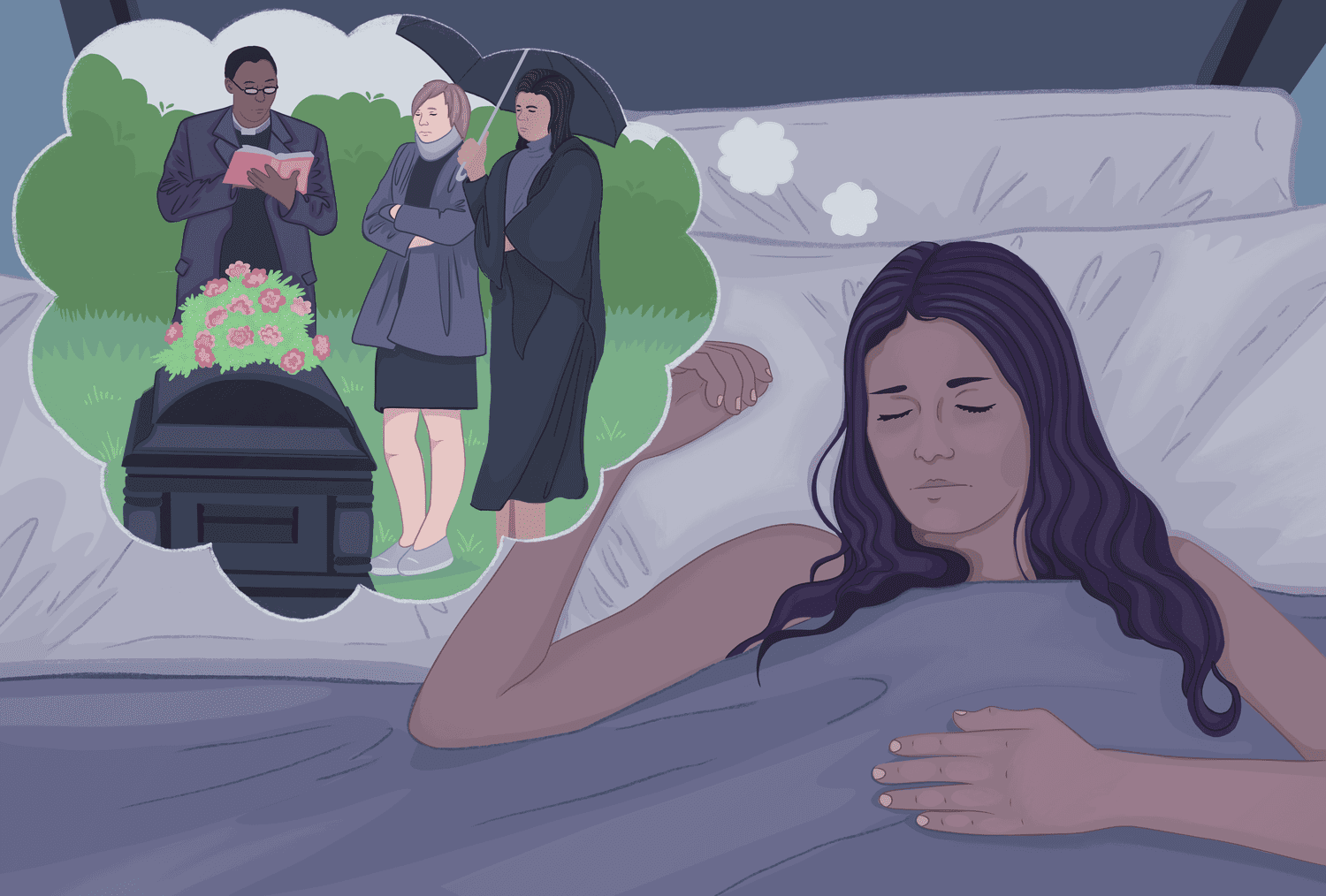Unlocking the Mystical Significance: Explore the Spiritual Meaning of Poppy
Unveiling The Spiritual Meaning Of Poppy The poppy is a vibrant and captivating flower that has inspired cultures and traditions throughout history. With its delicate petals and striking colors, the poppy holds a deep spiritual meaning that transcends its physical beauty. In this blog post, we will dive into the profound symbolism behind this enchanting flower and explore its spiritual significance across different cultures and religions. The Poppy in Ancient Mythology The poppy has deep roots in ancient mythology and folklore. In Greek mythology, poppies were associated with the goddess Demeter, who represented fertility and the cycles of life. The bright red color of the poppy was believed to symbolize the blood of Demeter’s daughter, Persephone, who was abducted by Hades, the god of the underworld. Additionally, in Roman mythology, the poppy was linked to Morpheus, the god of dreams. It was believed that the ingestion of poppy seeds could induce sleep and alter consciousness, leading to vivid and prophetic dreams. The Poppy in Spiritual Traditions Beyond mythology, the poppy holds significant spiritual meaning in various traditions. In Christianity, the red poppy is often associated with sacrifice and martyrdom, symbolizing the blood of Christ shed for humanity’s sins. It serves as a reminder of the ultimate sacrifice and the hope of redemption. In Eastern spiritual practices and Buddhism, the poppy carries a contrasting symbolism. While it is still admired for its vibrant beauty, it is also seen as a reminder of the impermanence of life. The poppy’s short-lived nature emphasizes the fleeting nature of existence and encourages individuals to embrace each moment with mindfulness and gratitude. Poppy Symbolism in Modern Times In more recent history, the poppy has become an iconic symbol of remembrance and honoring fallen soldiers and veterans. Every year, on Remembrance Day or Veterans Day, the red poppy is worn as a sign of respect and gratitude for those who have sacrificed their lives in war. The significance of the poppy also extends to the field of medicine. Derived from the opium poppy, morphine and other opioid medications have been instrumental in easing pain and suffering. However, the poppy also serves as a reminder of the potential for addiction and abuse, highlighting the delicate balance between healing and harm. Frequently Asked Questions Of Unlocking The Mystical Significance: Explore The Spiritual Meaning Of Poppy What Is The Spiritual Significance Of Poppy Flowers? Poppy flowers symbolize sleep, peace, and death in spirituality. How Can Poppy Flowers Be Used In Spiritual Practices? Poppy flowers are used for meditation, dream work, and healing rituals. Are There Any Specific Spiritual Rituals Associated With Poppies? Some cultures use poppies for ceremonies honoring deceased loved ones. What Does The Color Of Poppy Flowers Represent Spiritually? Red poppies symbolize remembrance, white signifies peace, and yellow stands for success. How Can Poppy Flowers Enhance Spiritual Awareness? By connecting with the spiritual realm, poppies can facilitate inner healing and guidance. Conclusion In conclusion, the poppy is a flower rich in spiritual significance and symbolism. From ancient mythology to modern traditions, it is revered for its beauty, sacrifice, and impermanence. Whether viewed as a representation of fertility, dreams, sacrifice, or remembrance, the poppy holds a place of honor and reverence in various cultures around the world.







